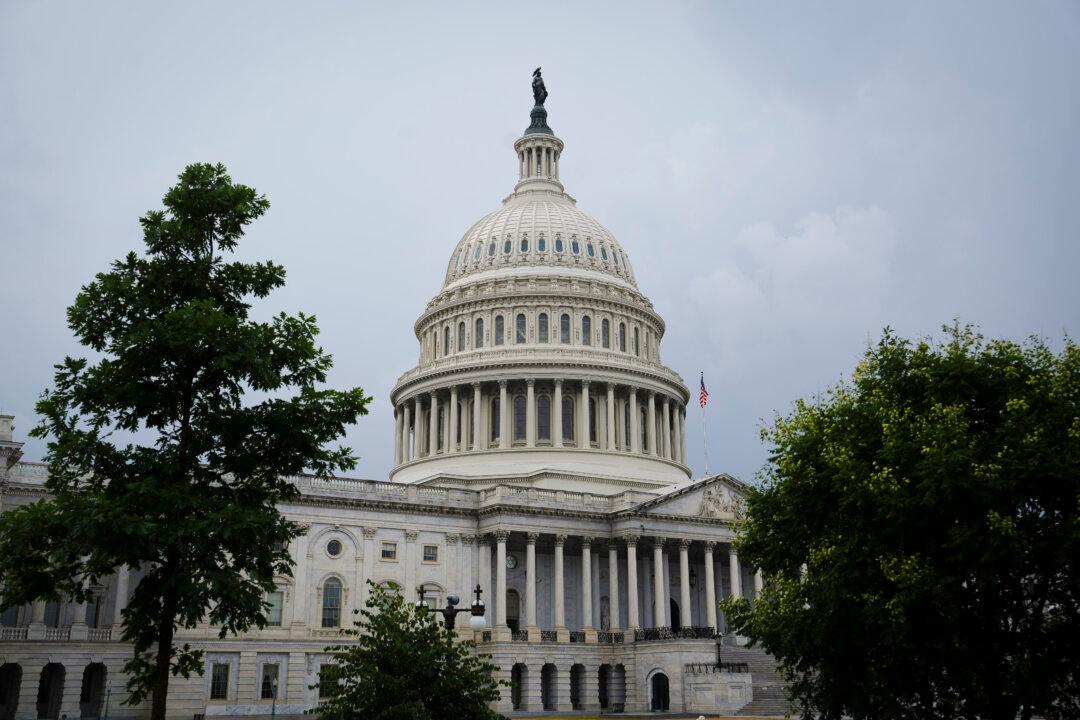Congress has little hope of ever regaining effective oversight and control of the federal regulatory bureaucracy in the executive branch without a major expansion of its authorities, staff, and organizational resources, according to a new analysis by a conservative think tank that specializes in high technology issues.
“Every year, the White House and federal agencies issue regulations and administrative actions that directly affect the ways that Americans live and work, with limited input from members of Congress, the elected representatives of the people,” states the analysis “Empowering Regulatory Oversight: How Congress Can Hold the Administrative State Accountable.”





